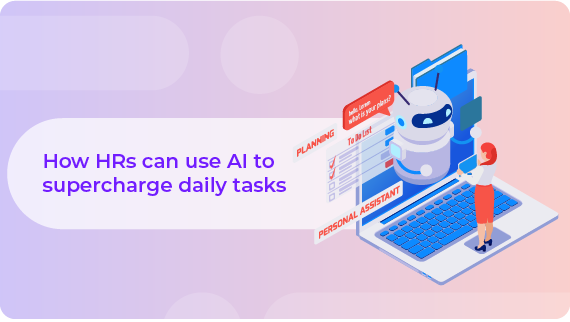In today’s digital age, fraud has become a prevalent threat, and it affects businesses of all kinds and sizes. If you are an employer or HR professional in the UAE, it’s essential to talk about fraud awareness and how to prevent it, with your employees. This will protect them and your company’s financial health in the long run.
Let’s look at some common types of fraud, prevention strategies, and the importance of educating your employees.
What is Fraud Awareness?
Fraud awareness is the understanding and knowledge of common fraudulent activities and the ability to recognise and prevent them. It’s about being vigilant and informed in order to protect yourself and your business from financial loss or identity theft.
Is it the same as Cybersecurity?
Cybersecurity is a broader field that encompasses the protection of computer systems, networks, and data from unauthorized access, use, disclosure, disruption, modification, or destruction. It involves technical measures like firewalls, encryption, and intrusion detection systems to safeguard digital assets.
On the other hand, fraud awareness is primarily concerned with understanding and preventing scams and deceptive activities that target individuals or businesses. It involves recognizing common tactics used by fraudsters these days, such as phishing, identity theft, and social engineering.
Either way, it is important to stay vigilant and remind your family, friends, and colleagues to also stay alert, and never share any personal information (especially any kind of account numbers or passwords or login pins) online or over the phone.
Common Types of Fraud
- Phishing: One of the most common types of fraud, phishing involves sending deceptive emails or messages to trick individuals into revealing personal or financial information.
- Whaling: Whaling is when a senior colleague or your boss is impersonated, and the fraudster asks someone to make an urgent payment under their guise.
- Identity Theft: This occurs when someone steals your personal information and uses it to commit fraudulent activities, such as opening new accounts or making unauthorized purchases.
- Social Engineering: A form of manipulation that relies on psychological techniques to trick individuals into divulging sensitive information or performing actions that benefit the attacker. For example, let’s say you receive an email that appears to be from your bank. The email states that there is suspicious activity on your account and asks you to click on a link to verify your information. If you click on the link, you’ll be taken to a fake website designed to look like your bank’s login page. Once you enter your credentials, the scammer will have access to your account.
- Business Email Compromise (BEC): A sophisticated form of fraud where attackers impersonate high-level executives to trick employees into transferring funds or providing sensitive information.
Why fraud awareness is important for your employees
Fraud prevention and awareness are crucial to protect your business as well as your employees. By raising awareness, you can empower your employees to recognize and avoid potential scams.
Here are some key points to remind them:
- Be skeptical of unexpected requests: If you receive an email or phone call asking for sensitive information, be cautious and verify the sender’s identity.
- Never share personal information online: Avoid sharing your personal details, such as your Emirates ID details, your bank account information, or any OTP on public platforms or with unknown individuals. Never click on links that might look suspicious!
- Use strong passwords: Create complex passwords that are difficult to guess and avoid using the same password for multiple accounts.
- Be mindful of public Wi-Fi: Avoid conducting sensitive transactions or accessing personal accounts on public Wi-Fi networks.
- Report suspicious activity: Encourage your employees to report any suspicious emails, phone calls, or online activity to your IT department or security team.
Fraud Prevention Measures
In addition to employee education, implementing robust fraud prevention measures is essential. Here are some strategies to consider:
- Regular security audits: Conduct regular audits of your IT systems to identify vulnerabilities and address them promptly.
- Multi-factor authentication (MFA): Employees must be required to use MFA to log into company platforms or to access any sensitive data.
- Employee monitoring: Implement monitoring tools to detect unusual activity or potential fraud attempts.
- Regular training: Provide ongoing training to keep your employees updated on the latest fraud trends and prevention techniques.
- Insurance coverage: Consider purchasing insurance coverage to protect your business against financial losses due to fraud.
To conclude, you can protect your employees, safeguard your business, and maintain a reliable reputation by prioritizing fraud awareness and its prevention. By educating your employees, implementing effective measures, and staying informed about emerging threats, you can create a more secure and resilient workplace.
Want to know about how Edenred UAE protects its C3Pay users from fraud? Read here.




